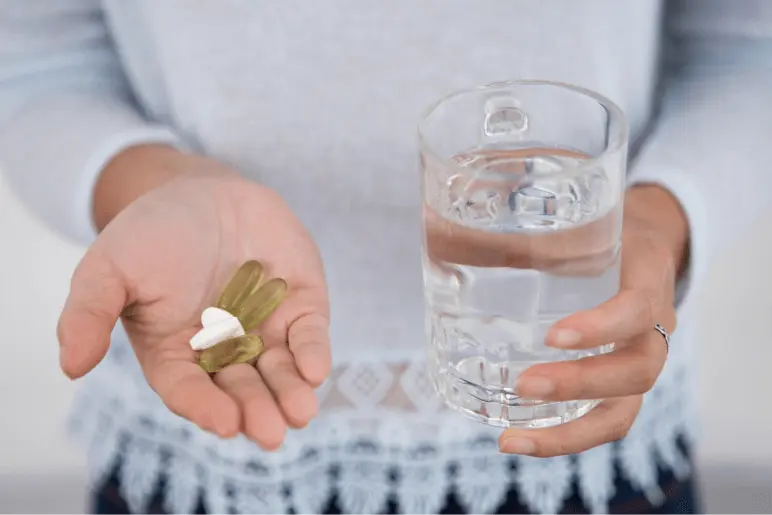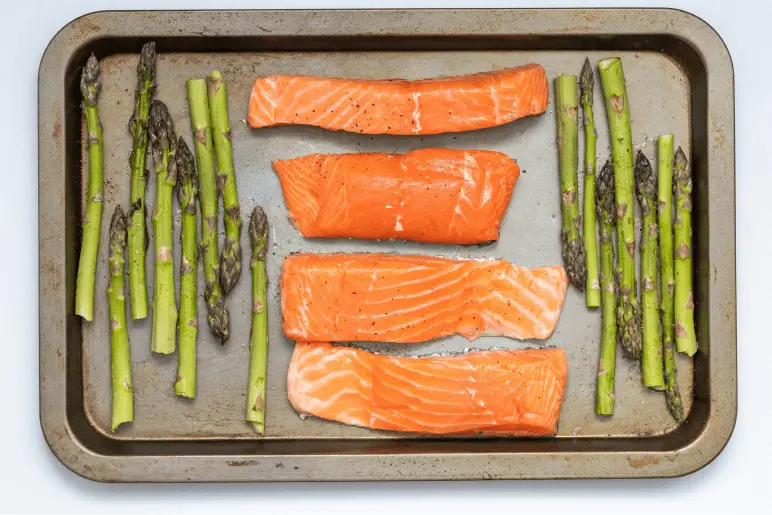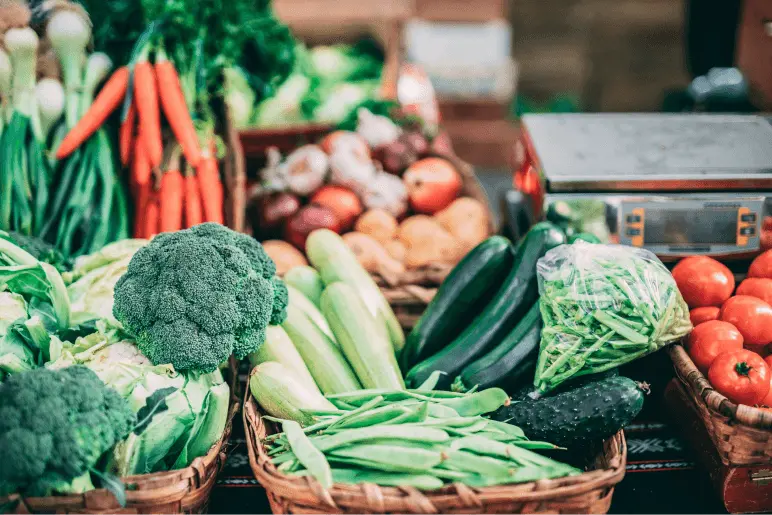Menopause and Essential Vitamins
Essential vitamins become particularly important during and after menopause to support various aspects of well-being.

Menopause is a natural biological process that marks the end of a woman’s reproductive years.
During this transition, hormonal changes can lead to various symptoms, and it’s important to focus on maintaining overall health, including adequate nutrition. Essential vitamins become particularly important during and after menopause to support various aspects of well-being.
Here are some essential vitamins to consider:
Calcium and Vitamin D:
Calcium is crucial for maintaining bone health, and women going through menopause are at an increased risk of osteoporosis. Vitamin D is essential for the absorption of calcium. Good sources of calcium include dairy products, leafy green vegetables, and fortified foods. Vitamin D can be obtained from sunlight, fatty fish, and supplements if necessary.
Vitamin K:
Vitamin K plays a role in bone health and blood clotting. Leafy green vegetables, broccoli, and Brussels sprouts are good sources of vitamin K.
Vitamin B12:
Vitamin B12 is important for nerve function and the production of red blood cells. As people age, absorption of B12 from food may decrease. Good sources include meat, fish, dairy products, and fortified foods.
Vitamin E:
Vitamin E has antioxidant properties and may help with symptoms such as hot flashes. Sources include nuts, seeds, and vegetable oils.
Vitamin C:
Vitamin C is an antioxidant that supports the immune system and helps the body absorb iron. Citrus fruits, strawberries, and bell peppers are good sources.
Magnesium:
Magnesium plays a role in bone health and muscle function. Foods high in magnesium include whole grains, nuts, seeds, and leafy green vegetables.
Omega-3 Fatty Acids:
Omega-3 fatty acids, found in fatty fish (such as salmon and mackerel), flaxseeds, and walnuts, can help reduce inflammation and support heart health.
Iron:
Post-menopausal women may still need iron, but it’s important to get it from dietary sources as opposed to supplements unless directed by a healthcare professional. Good sources include lean meats, beans, and fortified cereals.
Folate (Vitamin B9):
Folate is important for DNA synthesis and repair. It can be found in leafy green vegetables, legumes, and fortified grains.
It’s essential to note that individual nutritional needs vary, and consulting with a healthcare provider or a registered dietitian can help tailor dietary recommendations to specific health conditions and requirements. Additionally, maintaining a balanced diet, regular exercise, and other healthy lifestyle choices are crucial during and after menopause for overall well-being.
Read Next

Benefits of the Ketogenic Program
Explore the benefits of a ketogenic diet with Bn2 Health's program, designed for effective weight loss, improved energy, and overall well-being.
Read in 3 minutes
Detox your way healthy
Discover Bn2 Health's "Detox Your Way Healthy," a guide on your well-being through detox. Learn practical detox tips and explore a 6-week program.
Read in 3 minutes
Menopause and Essential Vitamins
Explore essential vitamins for menopause on Bn2 Health's page. How nutrients like calcium, vitamin D, and omega-3s support women's health during this transition.
Read in 2 minutes